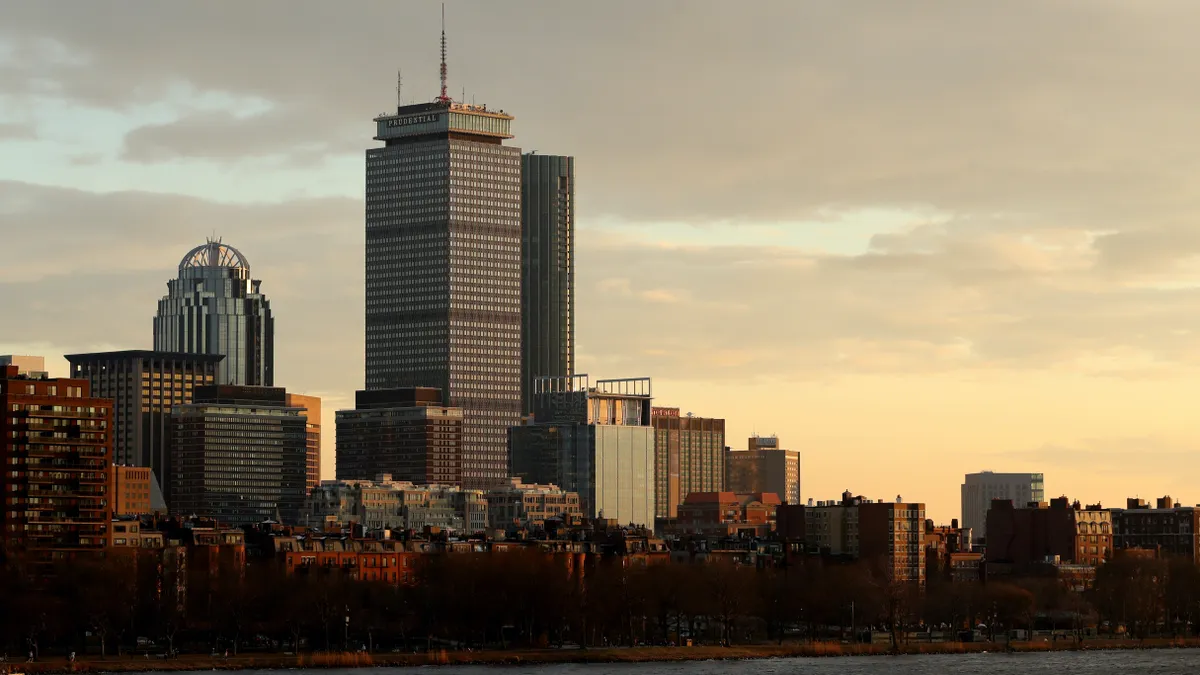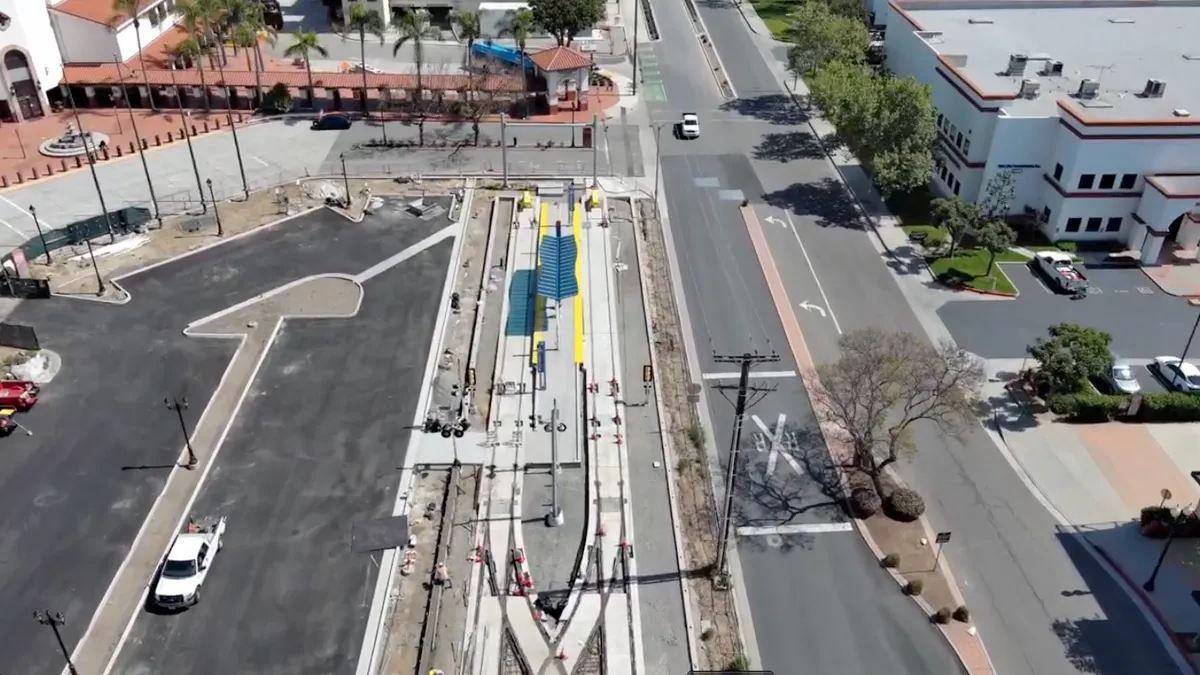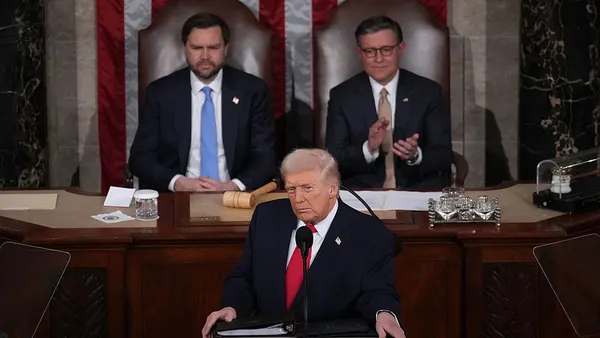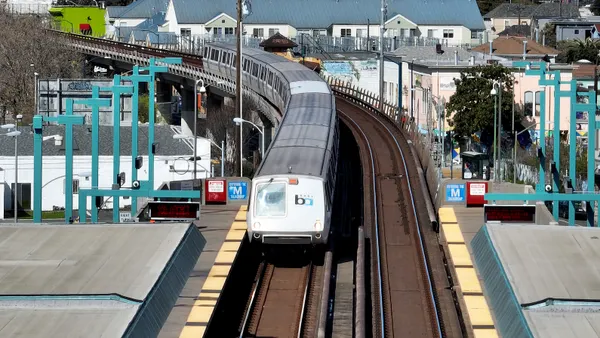Dive Brief:
- The Boston City Council on Wednesday voted unanimously to create a commission that will study and adopt reparation proposals for African Americans, sending the measure to Mayor Michelle Wu.
- The panel will research the city’s role and historical ties to the African slave trade and slavery. It will also study the city’s actions to date in addressing the continued impacts of enslavement and make recommendations on how the city can reconcile its past actions, said City Councilor Ricardo Arroyo during the meeting.
- “It is past time that our government acts to mitigate past harms and prevent future policies rooted in these inequities,” said City Councilor Brian Worrell during the meeting. “Reparations in my mind is not just a one-time payment... But it’s a more holistic approach to right past wrongs and ensure a brighter future for generations of Black Bostonians.”
Dive Insight:
Boston joins a growing number of cities and states seeking to provide Black residents reparations to help atone for the country’s history of racism and slavery that has led to the racial wealth gap. Last year, Providence, Rhode Island, joined Evanston, Illinois, in making reparation payments to address the legacies of racism. However, Providence takes a race-neutral approach to the program, allowing some White residents to qualify as well. Some states are also considering reparations, including California, which has created its own task force.
Slavery was banned in Massachusetts in 1780; however, according to the city council’s ordinance creating the commission, Boston and its residents still benefited from and remained complicit in financially supporting the system until it was abolished in 1865.
During the meeting, Councilor Tania Fernandes Anderson also cited Boston's history of segregation, racial redlining that locked Black people out of certain neighborhoods, and racial disparities in wealth, education, healthcare and life expectancy.
“Yes, we need reparations for Black people in Boston, for people directly connected to these harms,” said Fernandes Anderson.
The city council in June passed a resolution apologizing for Boston’s role in slavery. The mayor-appointed panel will have two years to create a report. The commission's recommendations may include potential payments to residents, ideas for how the city can formally apologize for its legacy, and changes to policies and laws that disproportionately harm African Americans.













